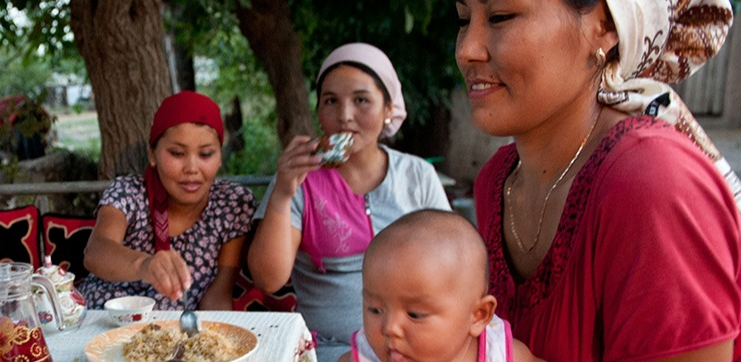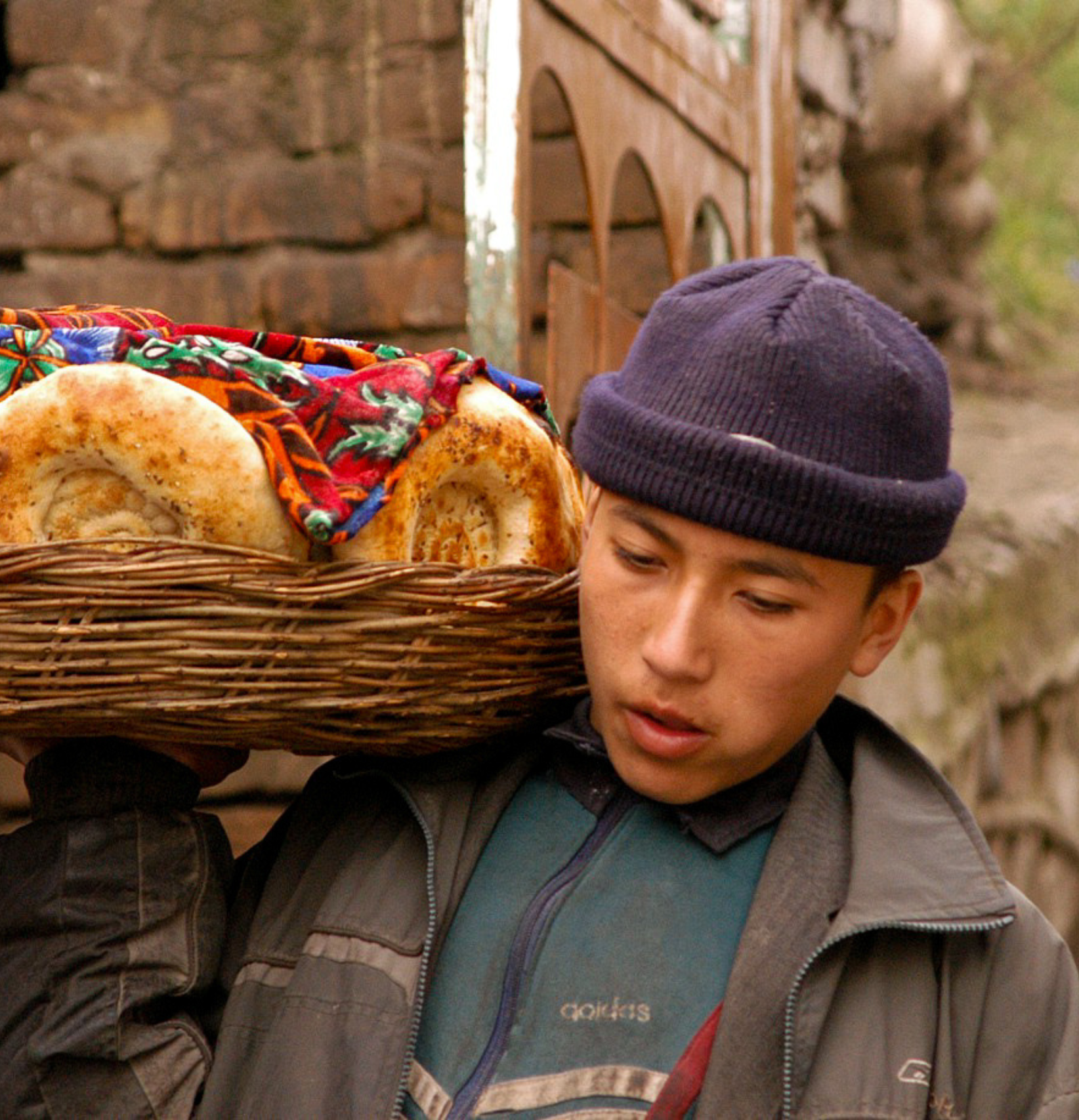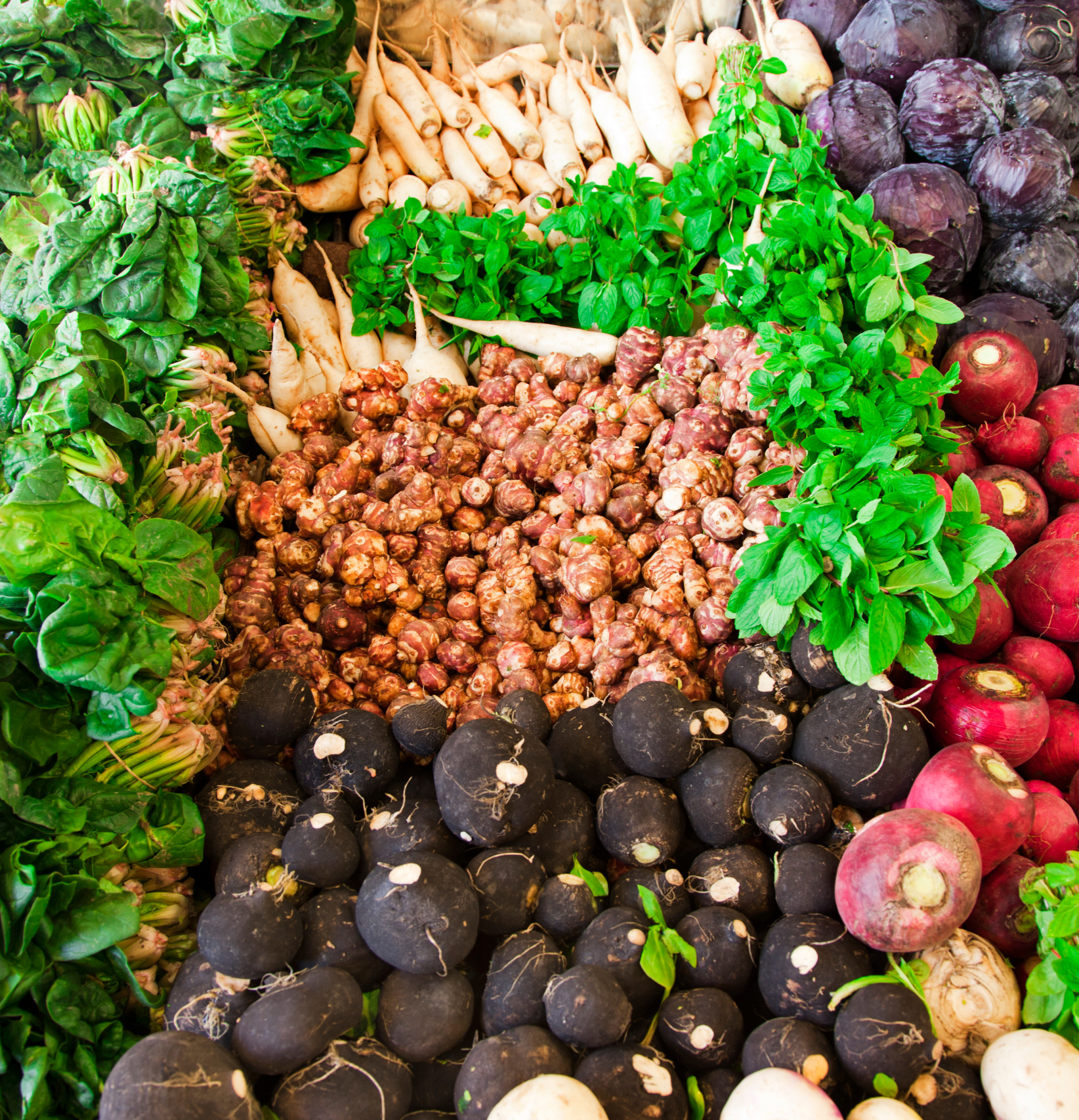This course was designed and developed by the Food and Nutrition Division of the Food and Agriculture Organization of the United Nations (FAO) and Agreenium, the French training and research alliance for agriculture, food, the environment and global health. The two organizations were able to call on a vast range of diverse experiences in working for improved nutrition. Leading experts have also been engaged by other organizations to share their perspectives. These experiences span all parts of food systems all over the world, from production through every stage of the supply chain to consumption and disposal of food. They include interventions in areas as diversification of crop production, bio-fortification, nutrition sensitive value chains, food quality management along supply chains for reducing losses and waste while ensuring food safety, and labeling. Encompassing also behavior change communication, education, school feeding programs and public procurement programmes, the measurement and monitoring of diets and malnutrition, infant and young child feeding, and emergency and crisis response. Interventions range in scale and institutional level from small community-based projects and pilot studies to large national and regional programs and policies. Most importantly, these interventions are framed under an umbrella of a food systems approach.
The availability of this wide range of practical experiences means that theoretical concepts, models and recommendations can be tested against reality, and adjusted in consequence. Showing models of good practice for replication, combined with theoretical approaches in the light of the widest possible range of experience, allows to draw lessons. These lessons are not about specific tools and procedures (for what works in one context may not work so well in another) but rather about approaches and mind-sets. In other words, to develop systems thinking. As you work through the course, this concept should become clearer.







